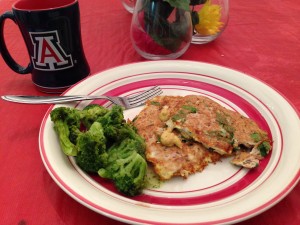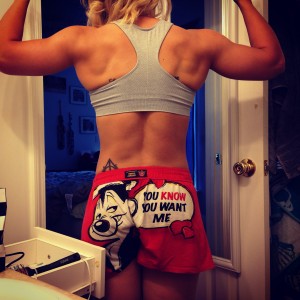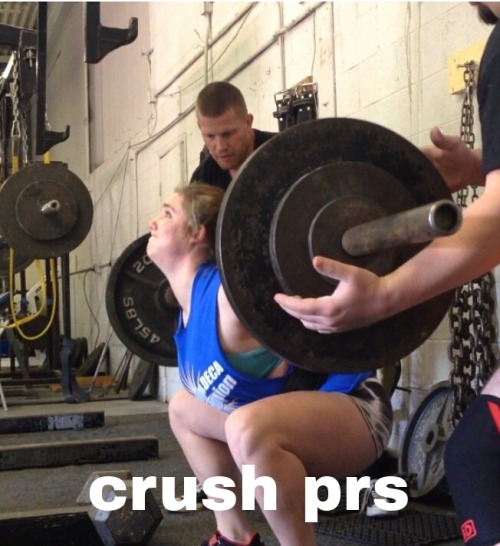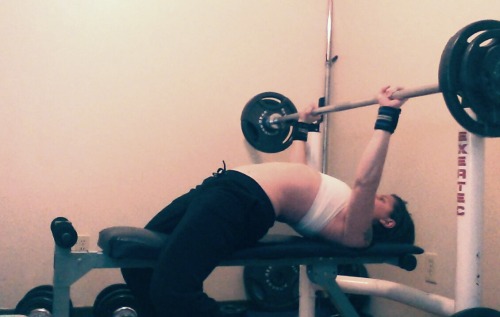Competition Tans
Last night I started the tanning process for my competition. A lot of people wait until the day before their show and get a professional to spray them, which is a great idea for your first show. Just make sure these people know what they’re doing because it can end really, really poorly.
My first show was almost a year ago exactly and I used the tanning salon recommended by the show. The problem? This was the first body building show in Northern Mississippi EVER so none of the tanning salons were equipped with the know-how on competition tans. They didn’t know how dark to make girls, nor did they have the correct technique. My tan ended up very splotchy and ended with me calling my coach crying because I looked like I had leopard spots. I ended up having to go back in to get it fixed, which is way too much stress the night before your first show. I ended up being almost the lightest girl on stage and I was docked for it.
My second show I worked with a coach that recommended doing the tan yourself. She gave great hand outs that my previous one didn’t have (exfoliate with non-oil based exfoliants, shave EVERYTHING, no soaps/deodorant, etc) and it made the process a lot easier. Not only that, it was WAY cheaper. Paying someone cost $100, but I’ve seen the real professionals (Liquid Spray Tanz, etc.) cost upwards of $150-$300. They do a great job and take out the guess work (and do touch ups on show day) but most of us don’t have that cash lying around.
My coach recommends a step-wise tanning fashion where you slowly apply your tan over a few days. Not only that, but I paid $80 for 2 shows worth of Pro Tan and 5 shows worth of Jana Tan. WAY cheaper than the spray job, and for my second show I was one of the darker girls on stage.
Do what works for you. If you’re getting your tan sprayed, make sure these people have done it before. It’s so stressful to be there the night before a show and have a shitty tan or not be dark enough. You WILL get marked down if you’re not dark enough.
As for spraying your face – I’d say it’s 50/50. I personally do it because I’m so pale and putting on foundation that dark makes me look horrible. I don’t do the same number of coats, just enough to get my face within a shade or 3 of my body. Others don’t at all.
As for bed tanning – also at your own discretion. Competitions tans are basically body paint, you can get as dark as you want if you just keep layering it up. One of my coaches refuses to tan, the other is a tan-a-holic, so even in the industry there’s variety. Go with what makes you comfortable.




